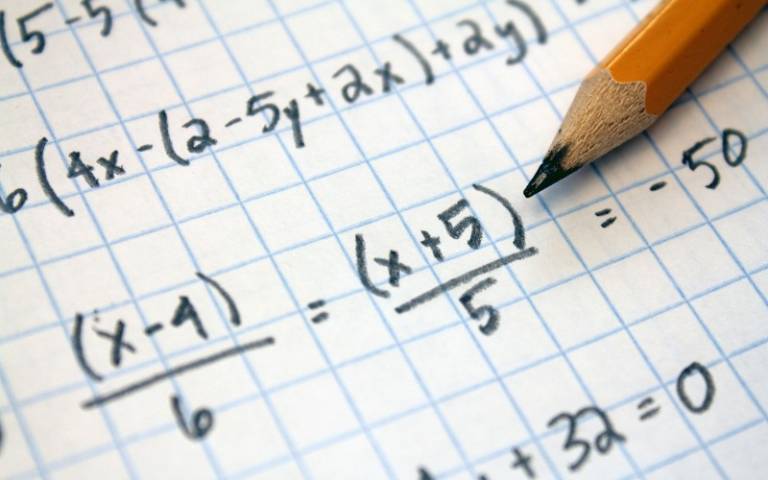US teenagers more likely than others to exaggerate their maths abilities
15 September 2023
American teenagers are more likely than any other nationality to brag about their maths ability, according to a new study by UCL researchers.

The study, published in Assessment in Education: Principles, Policy & Practice, used responses from the OECD Programme for International Student Assessment (PISA), in which participants took a two-hour maths test alongside a 30-minute background questionnaire.
Using data from 40,000 15-year-olds from nine English-speaking nations, researchers found that those in North America were the most likely to exaggerate their mathematical knowledge, while those in Ireland and Scotland were least likely to do so.
They were asked how familiar they were with each of 16 mathematical terms – but three of the terms were fake.
Further questions revealed those who claimed familiarity with non-existent mathematical concepts were also more likely to display overconfidence in their academic prowess, problem-solving skills and perseverance.
For instance, they claimed higher levels of competence in calculating a discount on a television and in finding their way to a destination. Two thirds of those most likely to overestimate their mathematical ability were confident they could work out the petrol consumption of a car, compared to just 40 per cent of those least likely to do so.
Those likely to over-claim were also more likely to say if their mobile phone stopped sending texts they would consult a manual (41 per cent versus 30 per cent), while those less likely to do so tended to say they would react by pressing all the buttons (56 per cent versus 49 per cent).
Over-claimers were also more likely to say they were popular with their peers at school, although the evidence was less strong on this topic.
Overall, boys were more likely to overclaim than girls, and those from advantaged backgrounds were more likely to do so than those from less advantaged groups. In most countries, immigrants were more likely to do this than the native-born, particularly in Northern Ireland and New Zealand although not in the United States.
Three broad clusters of countries emerged, with the United States and Canada at the top of the rankings when it came to excessive claims on maths knowledge, with Ireland, Northern Ireland and Scotland at the bottom. In the middle were Australia, New Zealand, England and Wales.
Professor John Jerrim (IOE, UCL's Faculty of Education & Society), lead author of the study, said. “Our research provides important new insight into how those who over-claim about their maths ability also exhibit high levels of over-confidence in other areas. Although ‘overclaiming’ may at first seem to be a negative social trait, we have previously found that overconfident individuals are more likely to land top jobs. The fact that young men tend to overclaim their knowledge more than young women, and the rich are more likely to overclaim than the poor, could be related to the different labour market outcomes of these groups."
Links
Image
Credit: r_mackay on iStock
Media contact
Chris Lane
E: chris.lane [at] ucl.ac.uk
 Close
Close

